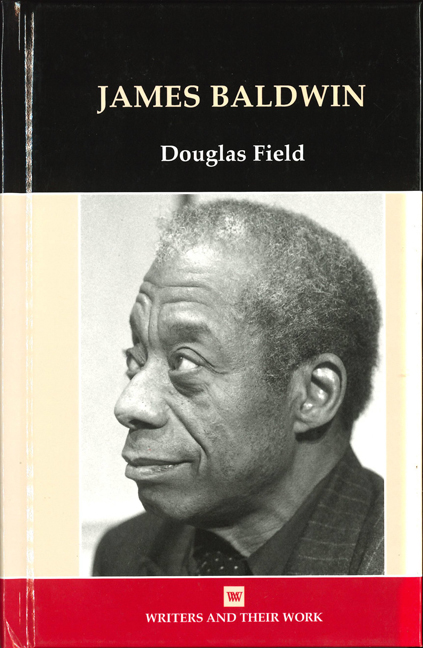Book contents
Introduction: Situating James Baldwin
Summary
Few twentieth century American authors have vexed, enraged or enthralled their readers as much as James Arthur Baldwin. At the height of his fame in the mid-1960s, Baldwin was one of the most photographed and frequently sought after American writers, speaking on prime-time television shows, writing for high-profile magazines and newspapers and appearing on the cover of Time magazine. His fiery and eloquent best-selling books, in particular his third novel Another Country (1962) and his essay The Fire Next Time (1963), transformed the landscape of American racial politics as he jabbed at his white liberal readers and cajoled the American nation. Although Baldwin is best known for being, in his words, ‘a disturber of the peace’, his vast body of work is far-reaching in terms of theme, content and genre (CWJB 171). Written over four tumultuous decades, Baldwin's oeuvre includes six novels, a number of book-length essays, plays, poetry, and book reviews, as well as a children's book and a scenario based on the life of Malcolm X. Baldwin was prodigious and prolific; his work reflects a fast-changing post-war political and cultural landscape, but he also helped to shape that landscape through his penetrating examinations of racial injustice, love, music and religion.
THE LIFE AND TIMES OF JAMES ARTHUR BALDWIN
In his work Baldwin repeatedly examines what he would call ‘the price of the ticket’, the price that white and black Americans pay for accepting the myths of American history. His writing shines a torch into the labyrinthine structures of racial, sexual and class identities in post-war North America. Baldwin's own extraordinary journey began in Harlem in 1924 and ended in 1987 thousands of miles away in the south of France. During those sixty-three years, Baldwin moved from Harlem to Greenwich Village and from Paris to the American South; he stayed in Turkey and the United Kingdom and travelled to numerous countries across the globe. Baldwin's journey from impoverished Harlemite to a writer of international repute has been well documented by a handful of available biographies. Here, rather than re-treading old terrain, I will focus on a cluster of people that deeply influenced the author's life and work before he became an established writer. I'll also give an overview of his literary output and then will consider his critical reputation before outlining the chapters of this book.
- Type
- Chapter
- Information
- James Baldwin , pp. 1 - 11Publisher: Liverpool University PressPrint publication year: 2011



